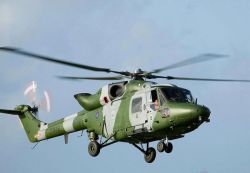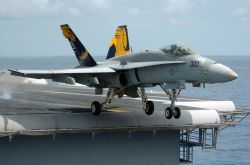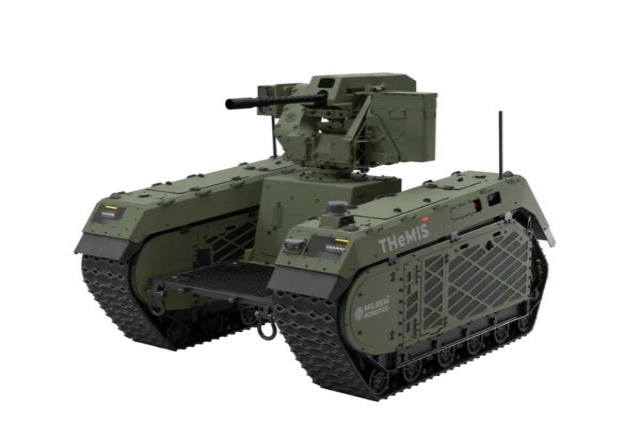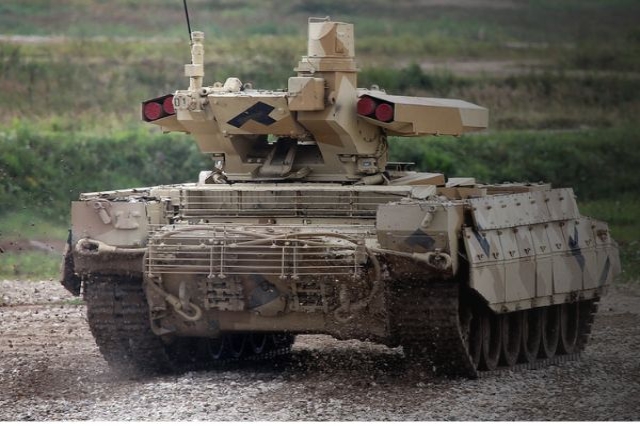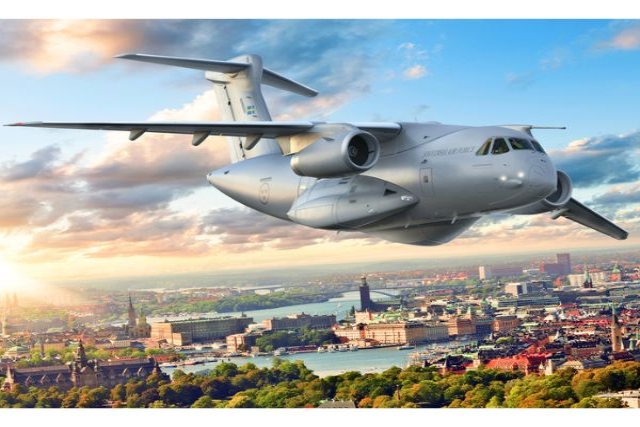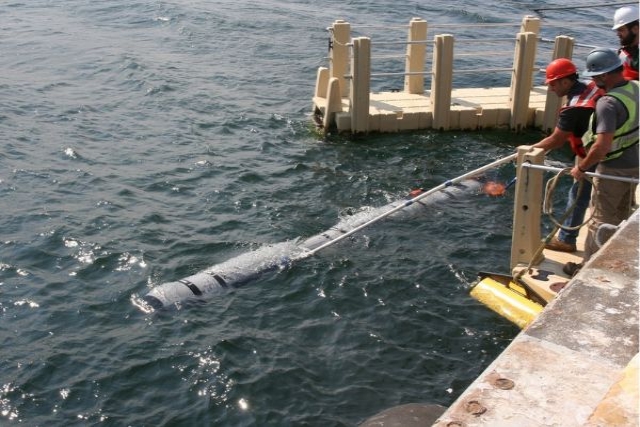Airbus, Boeing Seek Further Clarity On India’s Defence Procurement Procedure

The Indian MOD should provide a list of state-of-the-art technologies where foreign direct investment (FDI) of more than 49% can be considered, CEO of Airbus Defence & Space India, Peter Gutsmiedl said.
Gutsmiedl was speaking at a discussion on the defence procurement procedure (DPP) of the MoD which was recently modified to increase FDI from 26% to 49%. The policy provides for higher FDI on a ‘case by case basis’ without specifying the nature of investment.
This uncertainty seems to be hindering foreign defence companies from investing in India. As Gutsmiedl pointed out, “this is critical to attracting investment”. The discussion was organized as part of the Deftronics 2014 exhibition in Bangalore, India on Tuesday.
Gutsmiedl suggested that the DPP must enforce adherence to timelines of procurement and nominate an agency to audit the ‘indigenous’ content in Indian programs.
Bidders of Indian MOD projects find it frustrating that procurement timelines are extended time and again and are often several years behind the original schedule. Many so called ‘indigenous’ programs have significant foreign content imported as sub-systems or parts which in some cases can constitute over half the project cost.
Gutsmiedl said, “foreign companies willing to invest in indigenization and partnerships must be treated as Indian companies”.
The move to hike FDI to 49% has attracted lukewarm response from global defence vendors who are mostly concerned with other systemic issues such as delays in procurement, inability of Indian industry to absorb technology and come up to scale of foreign companies.
“From the OEM standpoint, the system (FDI and Offset policies) either don’t allow or make it difficult for foreign companies to bring in technology against cash in India”, said Ankur Kanaglekar, Director, International Strategic Partnerships, Boeing.
There is no mechanism for technology transfer as of now in the FDI policy. A right incentive for OEMs is missing in the policies,” he said during a panel discussion on FDI in Defense and Aerospace.
Kanaglekar said, “as far as investments are concerned, Boeing looks at how far is it good for its shareholders and for its customers”.
